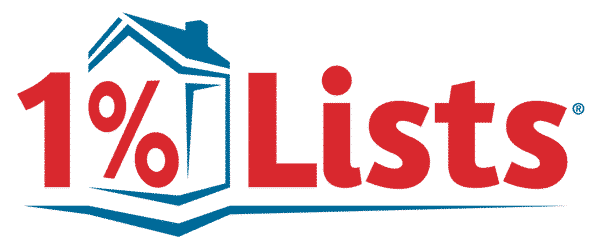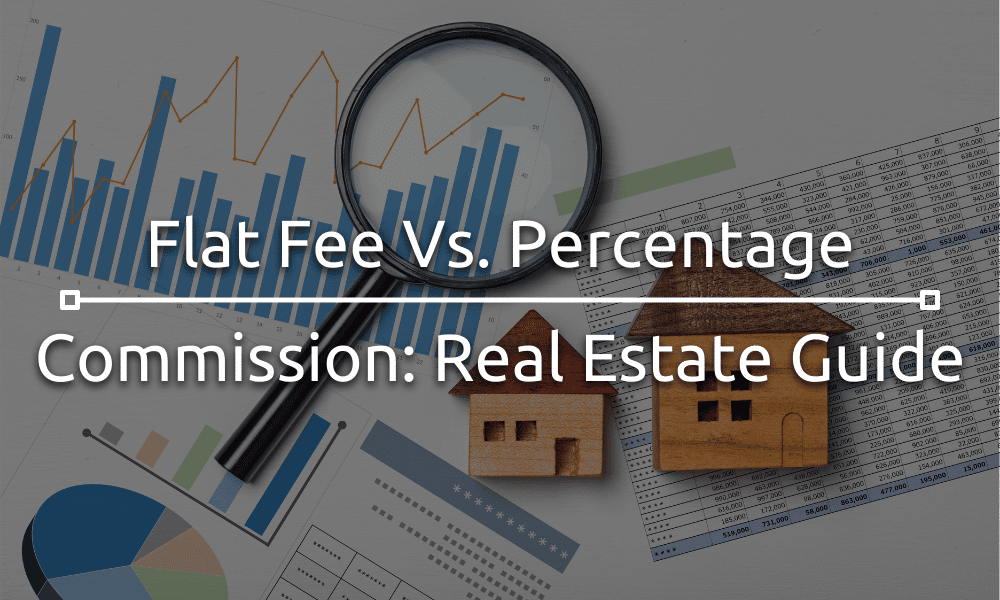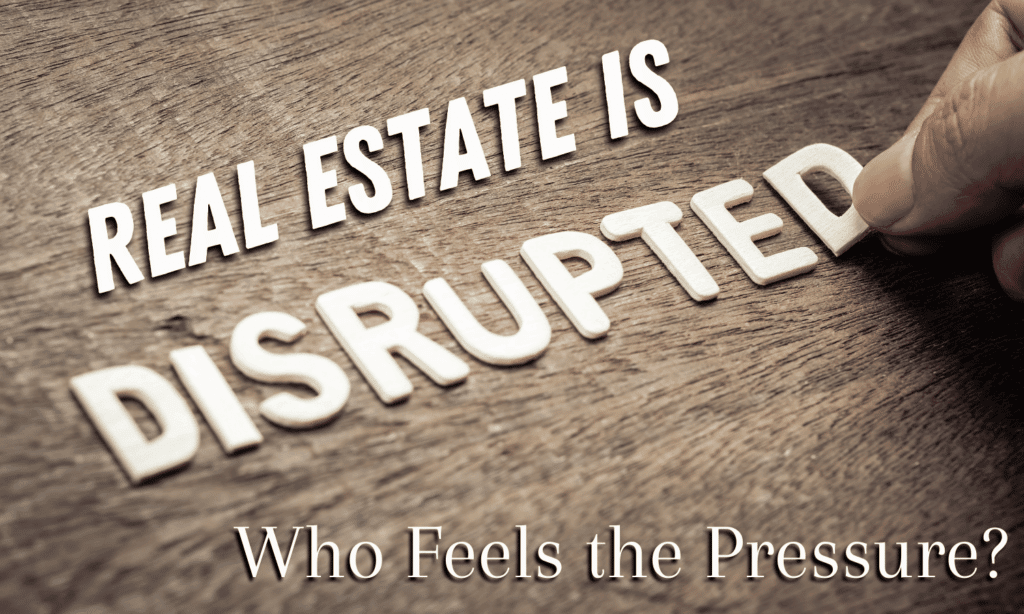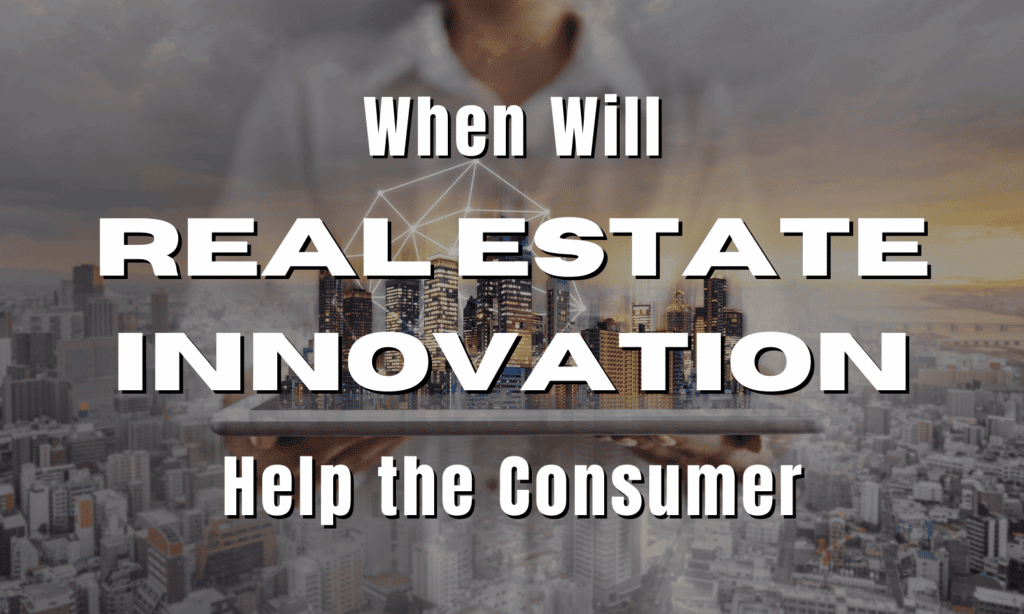The real ‘race to the bottom’ is about to begin in the real estate industry. Companies like mine have been frowned upon by the industry. I can’t tell you how many times I was told that fateful phrase, “You’re bad for the industry.” The whole concept of charging a lower fee to list more homes has always been taboo. We were told we were devaluing ourselves, that we should know our worth, and other such things. What the industry is now starting to realize is that business is a race. And we’re running a very different one.
The Agent-Centric Brokerage Model
I’m a firm believer that almost every agent that moves brokerages does so to make more money. For the majority of agents, that means a lower cap or better commission splits. They think if they can do the same amount of deals with better broker splits, they make more money.
Or, they believe they can save the money they once paid their broker and use it to purchase more leads. The idea being that they’ll make more money that way. Some agents believe that the missing piece is training, and that it’s going to be better at a new brokerage. Others switch brokerages to join a team and be given leads. In turn they’re giving up more of their money, but at least they’re surviving.

The Race for Agent Recruitment
You see, those same brokers and agents that accused us of being in a race to the bottom are running a completely different race. Their race was to see who could recruit agents the fastest by having the best value proposition for the agent. Some brokerages chose to run that race by offering plush offices, free technology, and tons of expensive training platforms. Other brokerages took almost nothing from a real estate agent whenever they closed a deal.
You might not be shocked to realize that the companies taking lower splits from the agent are who seems to be winning this race. This arms race has led to total war between brokerages, and who’s been left out of the equation? The public. Now, with lawsuits being waged and incredible penalties being levied against the industry, I think the public is starting to finally have their day.
A Consumer-Centric Approach
At the heart of companies like mine is the belief that we should be appealing to the public, not the agent. If you win the race to appeal to the public, then the agents will follow. We believe that all real estate coaching can be summed up with the simple phrase; “list houses faster.” And what’s the best way to do this? Well, obviously, if you have a better value proposition for the public, that solves the problem.
The Efficiency of Listing over Buying
We fully realize that listing homes, even at a low fee, is going to generate more revenue per hour as well as more future revenue than spending weeks or months working with buyers on evenings and weekends, even if they do pay you a higher fee. We realized that scaling an agent up to handle 20, 30, even 40 active listings is a lot easier to do than managing even 5 very active buyers.
Systems and processes can be leveraged to manage a lot of listing inventory, but managing even 5 families who need you when they get off work or on the weekends is an impossible task. This is further compounded when you have a family of your own who expects you to be at a little league game or family function.
Adopting the Lower Fee Listing Model
Using a lower fee listing model to expand your business makes so much sense on so many levels. In other industries, this is called a “loss leader,” which is defined as: a product sold at a loss to attract customers. This mindset is what has grocery stores selling milk below cost, or air conditioner companies offering a cheap or free checkup of your HVAC system. The amazing thing about the loss leader in real estate is that even at a 1% listing fee, the profit margins on our loss leader are through the roof.
Entrepreneurial Mindset in Real Estate
All of these things I mention are common sense to most entrepreneurs. Leveraging economic principles and thinking outside the box to figure out how to scale your business and how to grow it faster than it should is a day in the life of any business owner, from a new startup to a tech giant like Amazon or Apple. Simply being willing to ask the question, “What does the public want?” instead of asking yourself, “What does the industry expect?” is a paradigm shift that is long overdue.

Challenging the Status Quo: A Call for Innovation
As we stand at this pivotal juncture, it’s clear that traditional models are being challenged by innovative approaches. Ones that prioritize consumer needs. Coaches and companies selling your leads back to you are relying on your inability to think outside the box.
There is a billion-dollar industry coaching you to work harder and buy more leads rather than do something different. The biggest threat to them is an industry that is open, competitive, and embracing change. But this shift is not just beneficial; it’s necessary in an era where consumer expectations are rapidly evolving.
As we move forward, the real estate industry cannot shy away from embracing change. The future belongs to those who are brave enough to question the status quo, innovate relentlessly, and place the consumer at the heart of every decision. In doing so, we’re not racing to the bottom; we’re elevating the entire industry to new heights. This is the real race we should all be running.





